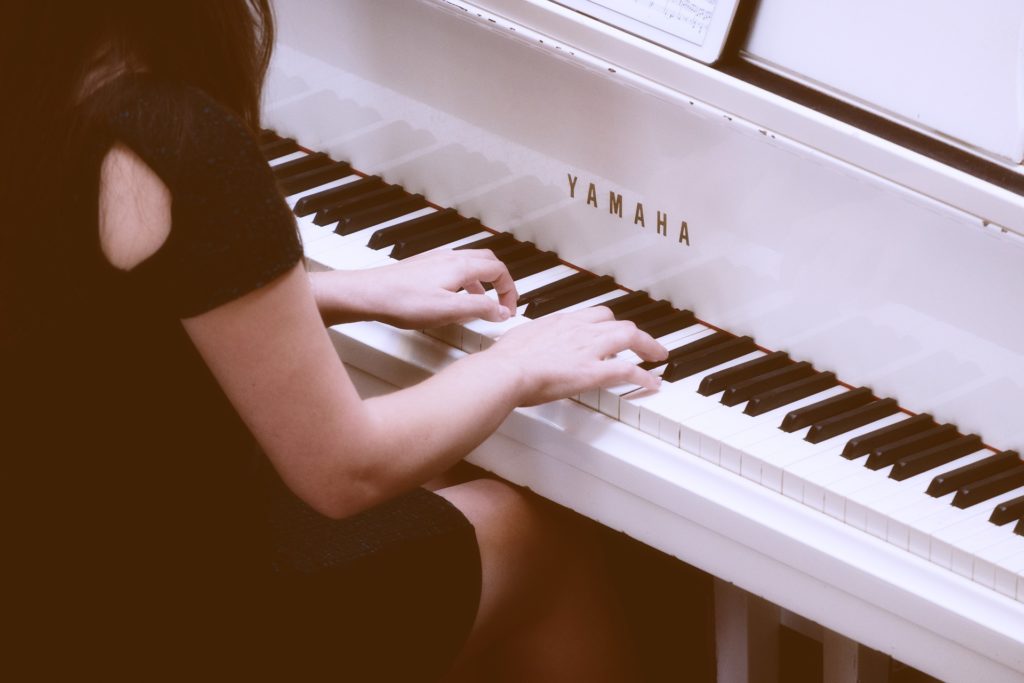
Does Age Affect the Difficulty of Learning Piano?
There are many preconceived ideas that it is much more difficult to learn piano at an older age, meaning any age above 12. Kids learn languages much quicker than adults so why not musical instruments?
While the brain may have more plasticity at a younger age allowing them to absorb information more readily, you are still able to jumpstart that at an older age. Additionally, being older has its advantages including having more musical references to draw from, being able to learn more strategically, and actually wanting to learn piano versus being forced by one’s parents to play.
So don’t let your age stop you from finding joy in music!
Learning Piano At Any Age
Studying Piano at Ages 20s, 30s, 40s, & 50s
If you are worried you won’t be able to learn the piano as well solely because of your age and you think that it isn’t possible to learn music at an older age because your brain stops forming new neural connections in your mid-twenties, think again.
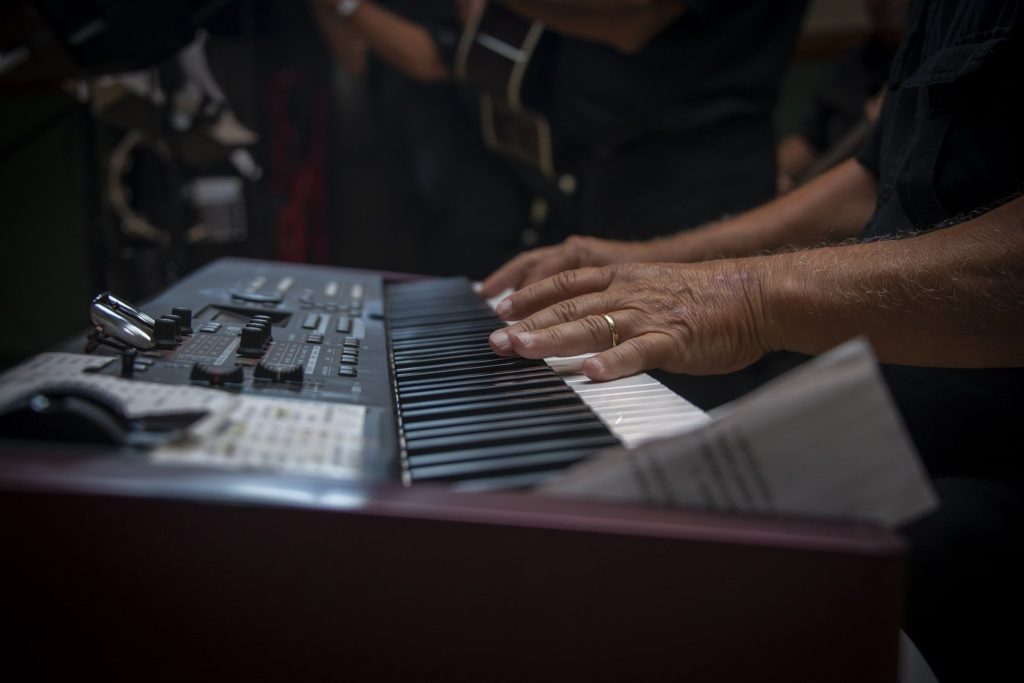
Myths About Playing Instruments
Mona D. Fishbane, a doctor in interpersonal neurobiology, (https://www.goodtherapy.org/blog/change-is-a-choice-nurturing-neuroplasticity-in-your-life-0930154), talks about the debunked myth that “neuroplasticity stops after age 25, at which point the brain is fully wired and mature; you lose neurons as you age, and basically it’s all downhill after your mid-twenties.” Neuroplasticity is the brain’s ability to reorganize its neural connections and is basically looked at as our ability to change.
Dr. Fishbane says that adult brains can create and form new neurons and connections and that both gray matter (neuronal) and white matter can change just like it can in kids, though it isn’t as plastic as a child’s brain. The three main aspects that affect our neuroplasticity are physical exercise, paying attention, and learning new things.
Parts of Learning Piano
Learning to play the piano itself doesn’t really differ between ages. You still need to go through the same process regardless of if you are 6 years old or 60 but the way you get there and the order of what you learn may look different.

Learning to Read Music
One of the key components of learning music is being able to read sheet music. This involves identifying the basic symbols of notations like the staff, clefs, and notes, picking up the beat using its time signature to know the beats per measure, and lastly learning how to play a melody with sharp, flat, and natural notes.
Basic Music Theory
Music theory may be taught later to younger students because it can be a harder concept to grasp being more abstract. Instructables.com (https://www.instructables.com/id/The-Complete-Guide-to-Music-Theory-for-Beginning-P/) definition for music theory is “how notes relate to each other in our piano music.” and the four main parts of it are intervals, harmony, melody, and rhythm which can be a lot for a kindergartener to understand.
For younger students, according to Piano in 21 Days, “the most common method of learning the piano without music theory is to play by ear.” However, as an adult you’ll be able to catch on much quicker in learning music theory and add it as another tool to draw from your music learning toolbox.
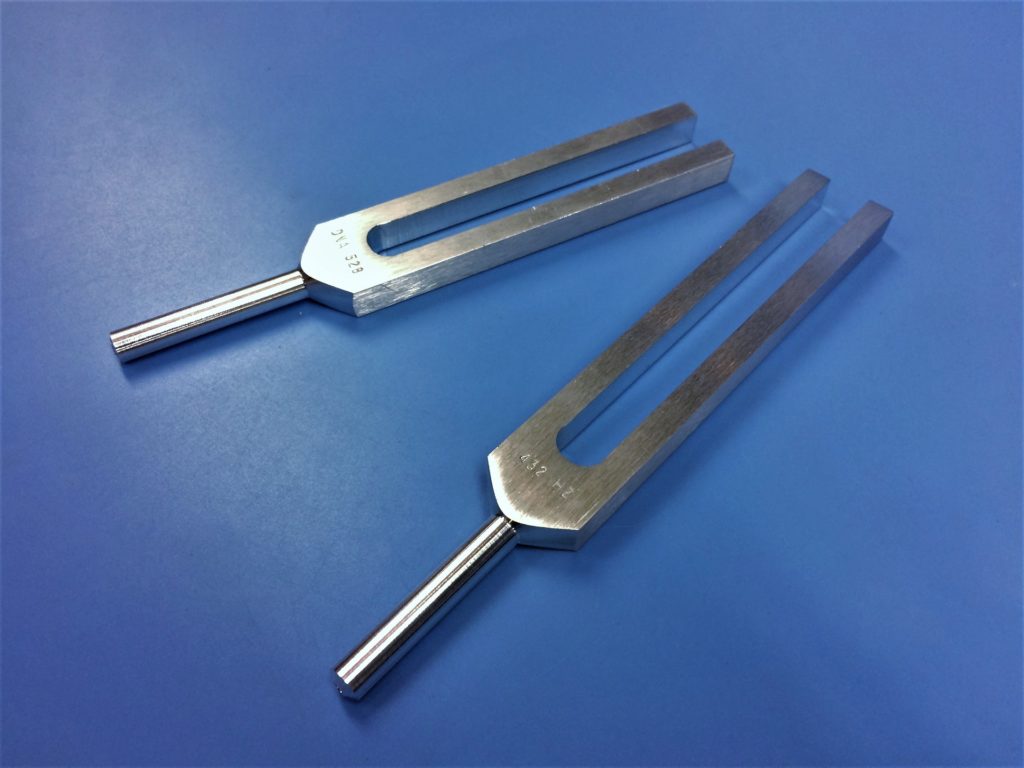
No Need to Worry About Pitch
Piano is a lucky instrument where you don’t need to worry about having correct pitch. Other instruments like the violin require you to be able to create good sound by hearing the pitch and then translating it into notes on the strings of the violin. The student would need to be able to use the bow to apply even pressure to avoid scratchiness. Lucky for piano players, all the student needs to do is hit the right piano key to create good sound (provided the piano is in tune of course).
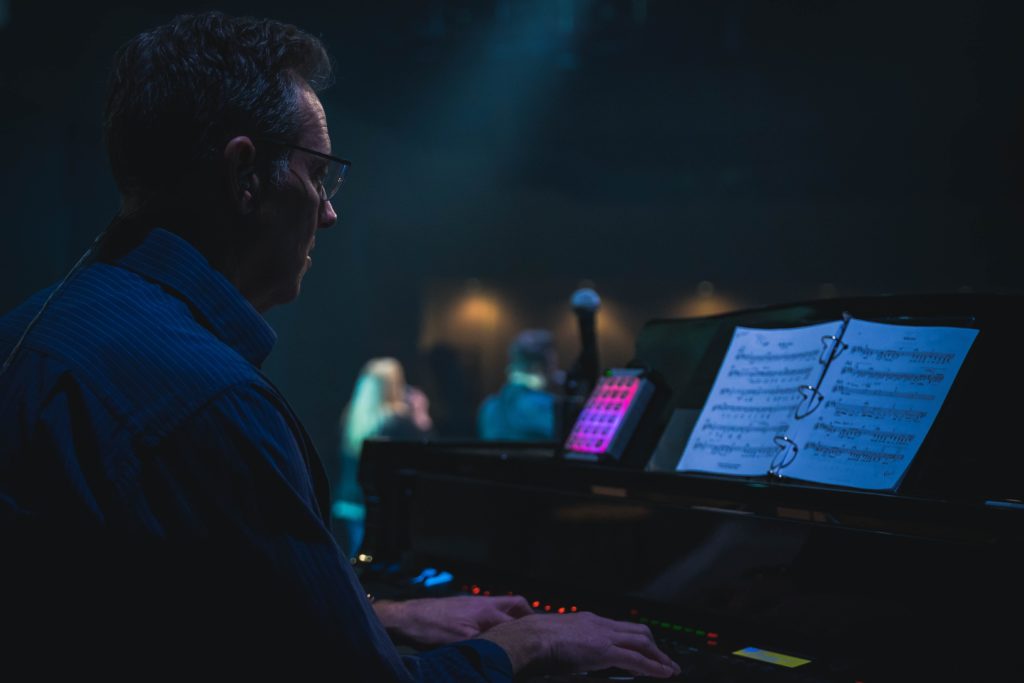
Accompanying Other Instruments
Accompanying instruments or vocalists is very common with the piano. Learning how to play with vocalists, dances, choirs, musicals, or ensembles all can help add to your musical experience and could potentially help you land some paying music gigs.
To become good at accompaniment, a few tips from Voices Inc. (https://www.voicesinc.org/accompanying-on-the-piano/) are to:
- Have a strong understanding of key signatures so you can play anything
- Play patterns not melodies
- Memorize a few go-to patterns to diversify yourself
- Use broken chords and 9th chords for nice sound
- Keep your sight reading skills sharp
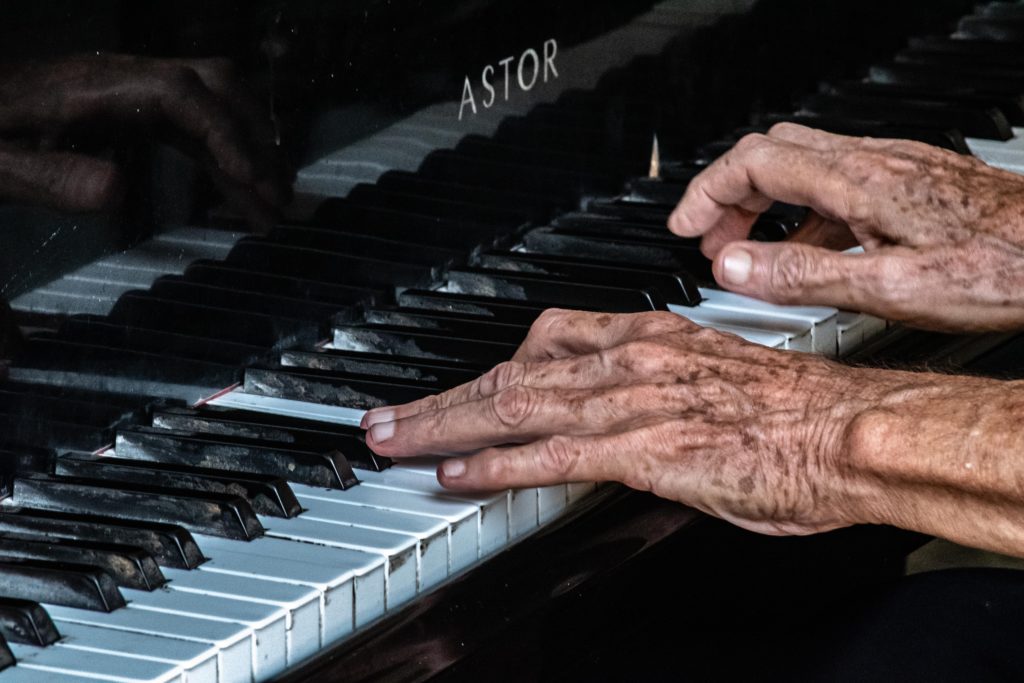
Learning Piano in Your 60s, 70s, & 80s
Learning at this age comes with the perks of having extra time on your hands with retirement. Now you have no excuses for not learning that instrument you’ve always dreamed of playing.
The only major barrier to learning music that can come with age would be having arthritis in your hands, making playing difficult. However, by playing the piano more, it could help strengthen your hands and increase your dexterity even.
How It Can Be Easier to Learn Piano As An Adult
Yes, kids have more plastic brains making learning a bit easier, but adults have many life experience advantages over children that can “equalize the playing fields” so to speak. The chart below outlines a few of the benefits.
Advantages of Learning Music As An Adult
| Intrinsic Motivation | No parent or teacher is forcing you to learn an instrument. You are choosing to play one out of your own free will because you WANT to learn. |
| Musical References | All the music you’ve listened to throughout your life helps your basic understanding of the structure of music and can be used by instructors to help you understand concepts like chords and grouping them. |
| Strategic Learning | You already have learned how to accomplish and succeed at learning other skills in life like in school and in any extracurriculars you did like sports or art classes. You can use the discipline and dedication you’ve mastered to help you reach your music goals and any tricks you may have learned about yourself along the years to help shorten learning time. |
| Teacher-Student Relationships | While the relationship between a child and adult teacher is more authoritative like when you went to school, the relationship between an adult student taking lessons and teacher is more peer-like. Being closer to the same age, it can almost feel as if you are learning from a friend or coworker and can increase your motivation levels for learning. |
| Analytical Skills | As an adult, music instructors can give you rules to follow like why certain notes follow each other and explain why it is so, while children typically need to learn it all via practice. However, being too analytical can work against you if your goal is to play perfect. It can actually increase your learning time if you try to play mistake-free. |
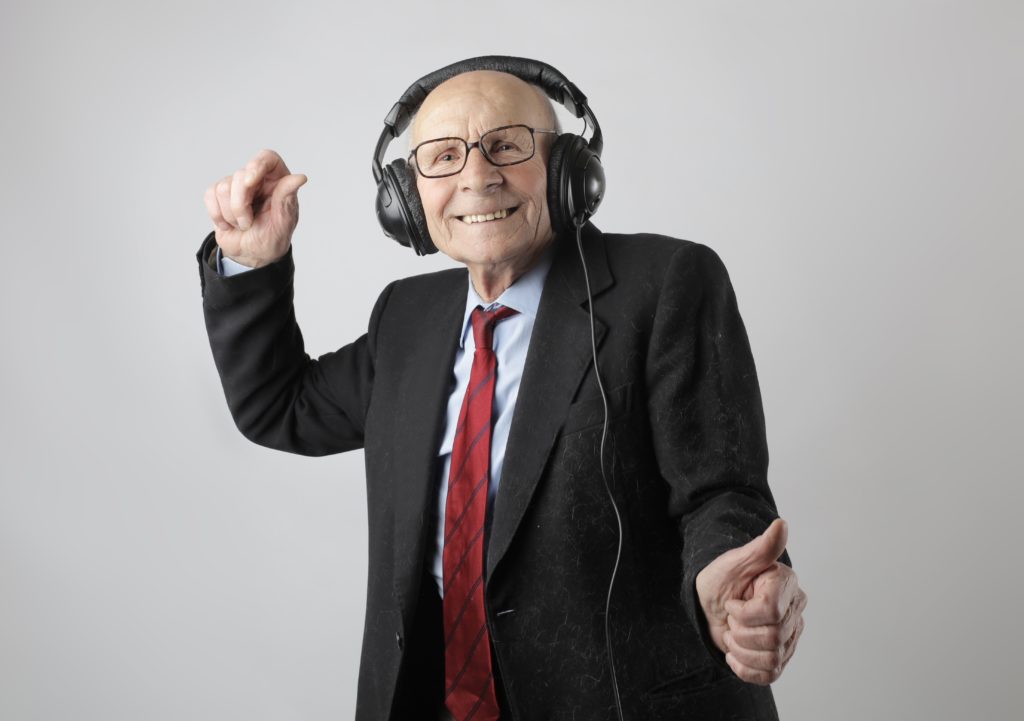
Don’t Let Age Stand In Your Way of Learning
Overall, don’t be the one to stand in your own way of accomplishing your music goals because you are hesitant your brain isn’t able to learn as well because you are older or because you don’t think you have what it takes. You are the only one stopping you.
Your age as determined by this article holds about zero weight when it comes to the possibility of learning the piano. Yes, your brain may not absorb new concepts as quickly as a kid, but you do have many years of life experience you can contribute to your music learning journey to help you learn well. The only major potential hindrance would be arthritis.
So what are you waiting for? Sign up for those piano lessons!
Sources: